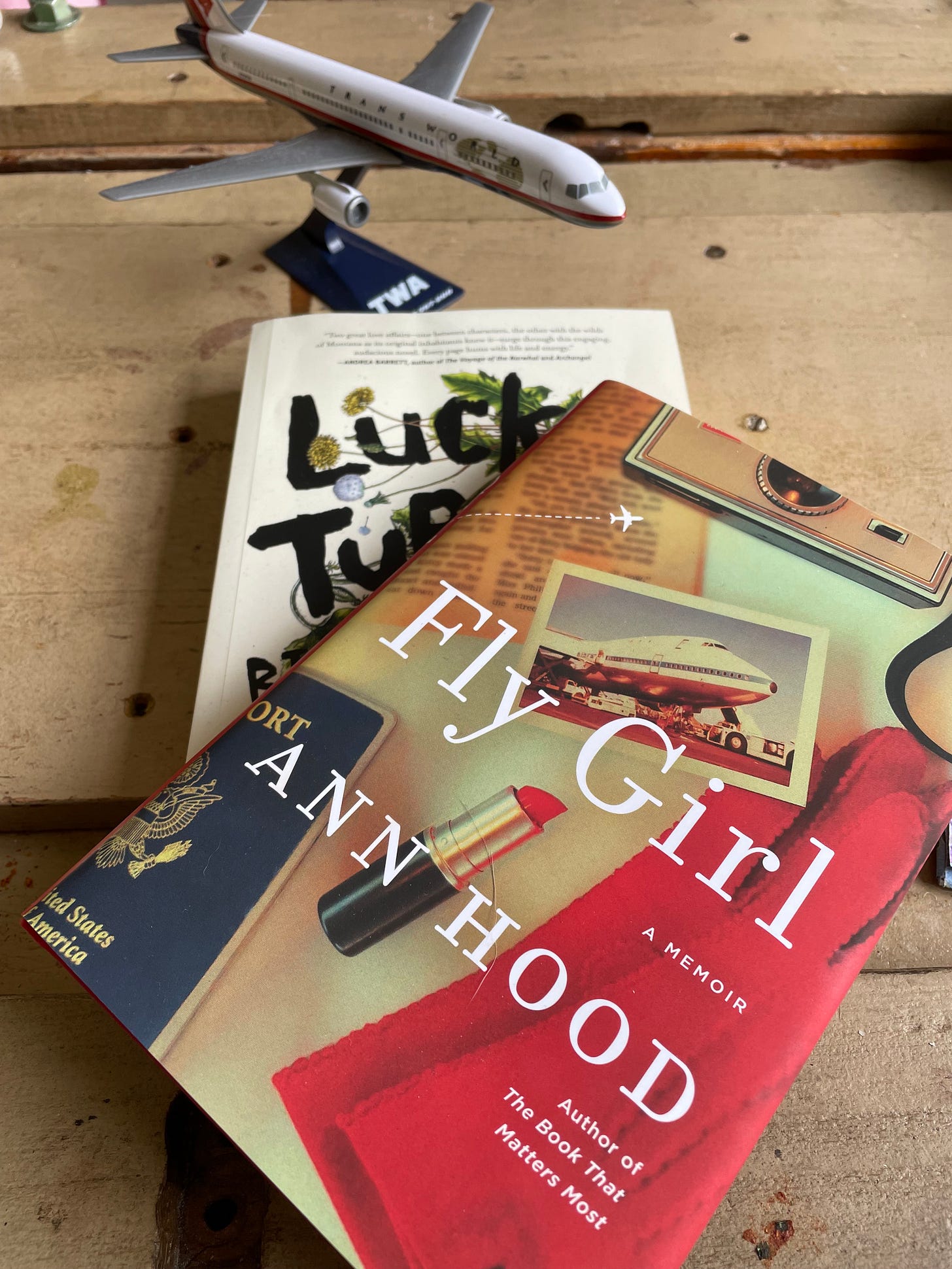It’s an exciting month here with two books from two of my most favorite people on the planet. I met Bill Roorbach at the Texas Book Fest in Austin five years ago (he’s been pals with my wife, Ann, for years and I was happy to meet him). Now we see him regularly, though he lives in Maine, because he teaches at two of Ann’s programs, her MFA creative writ…
Keep reading with a 7-day free trial
Subscribe to Ruhlman's Newsletter to keep reading this post and get 7 days of free access to the full post archives.




